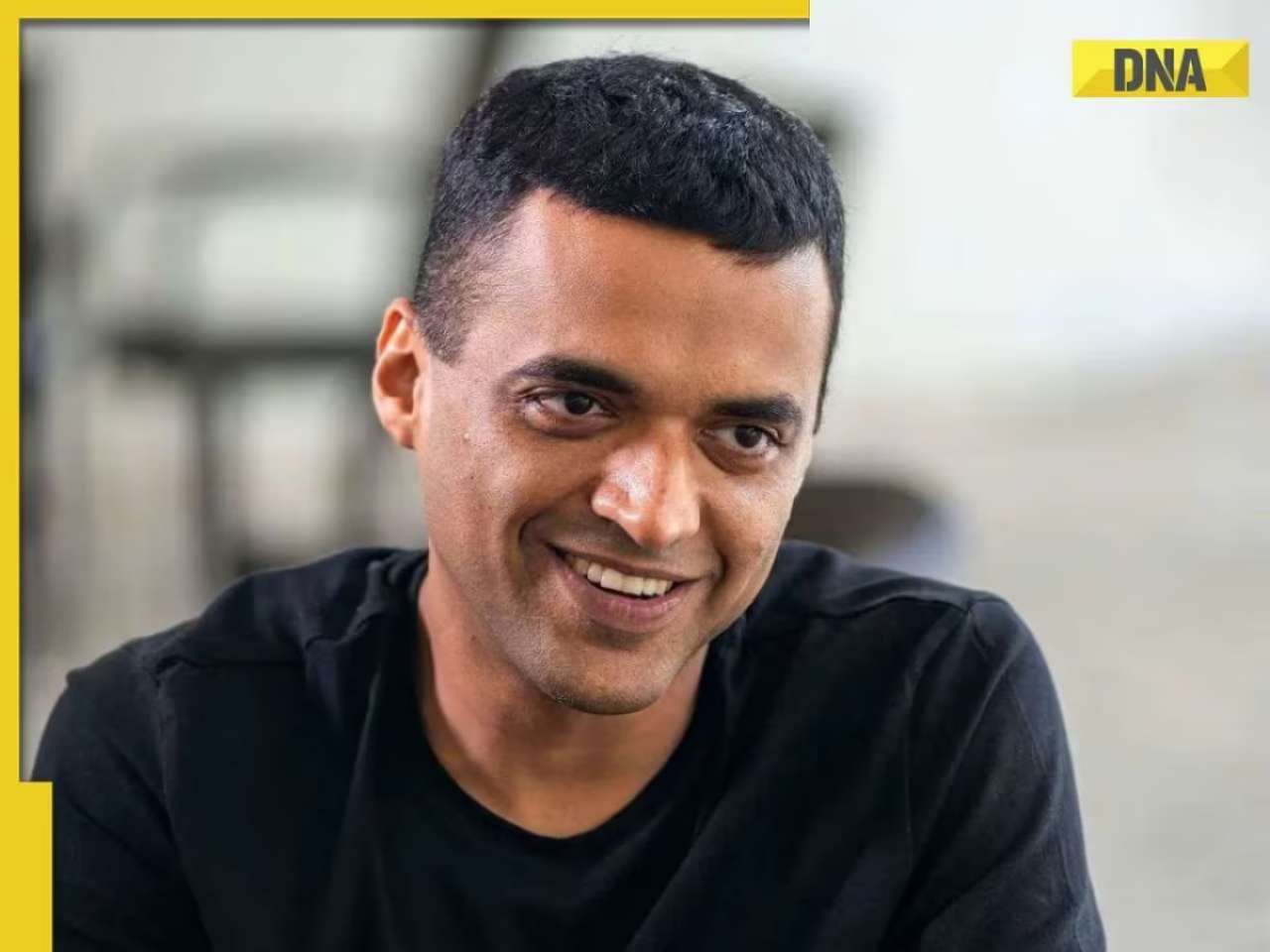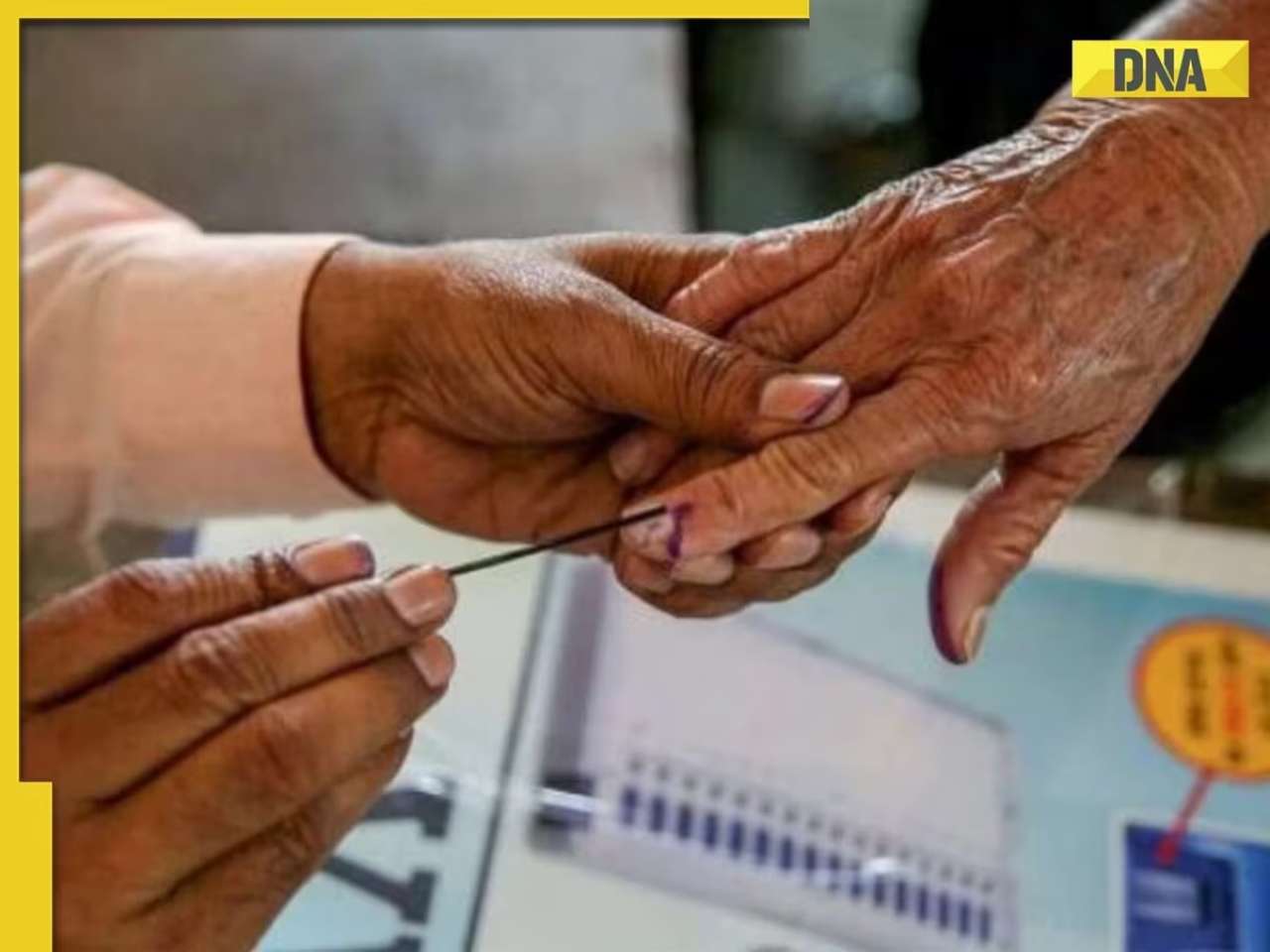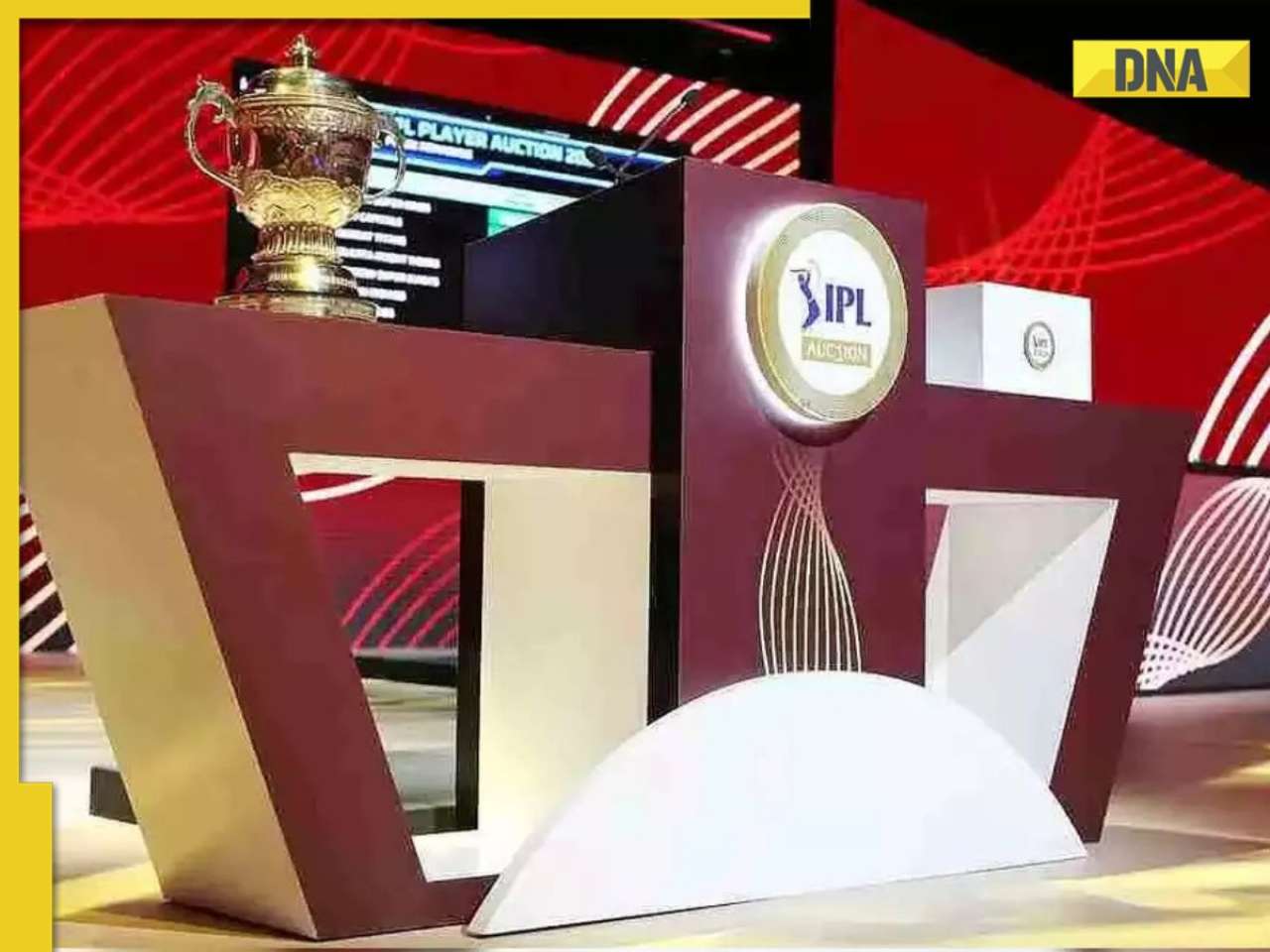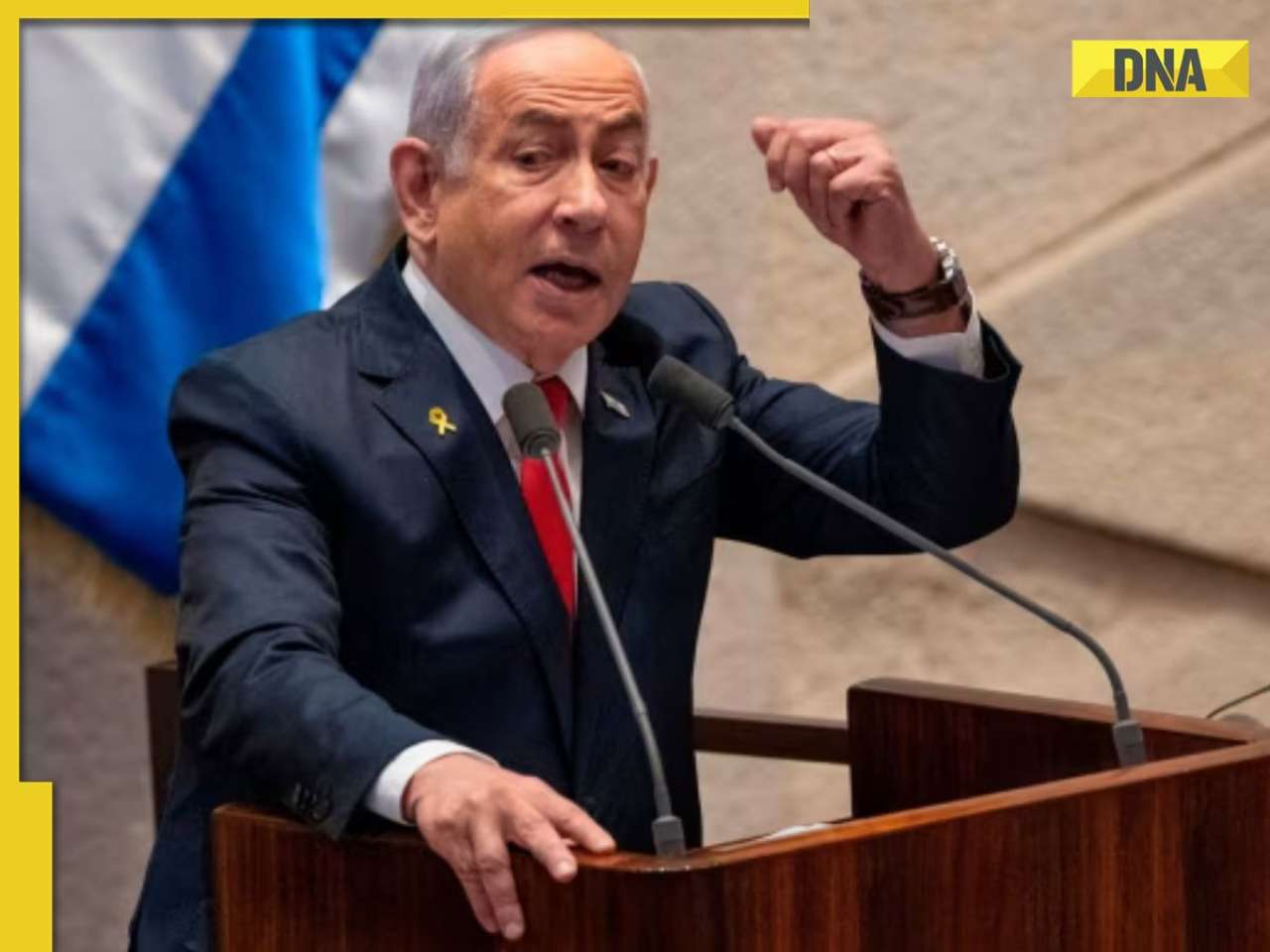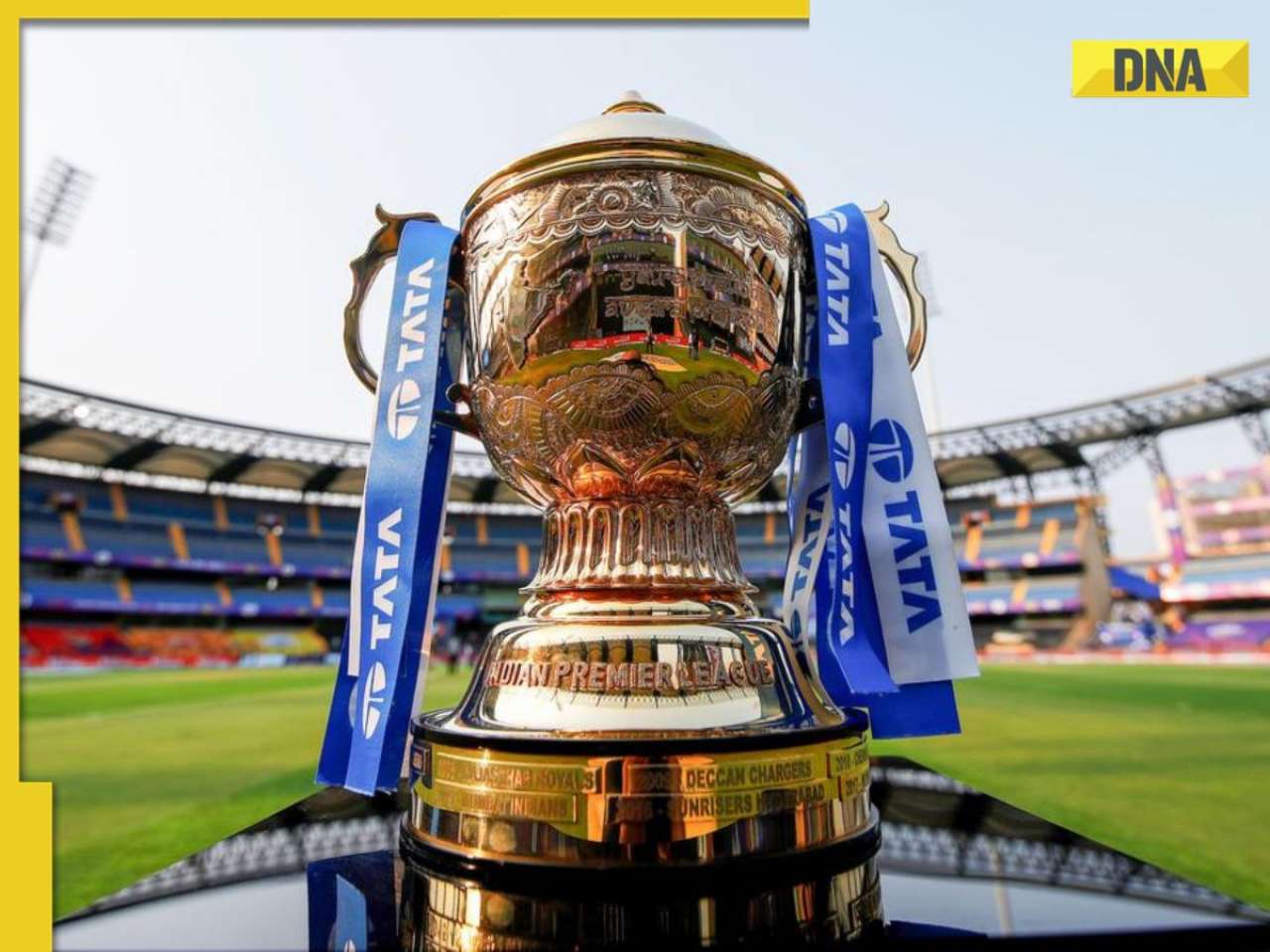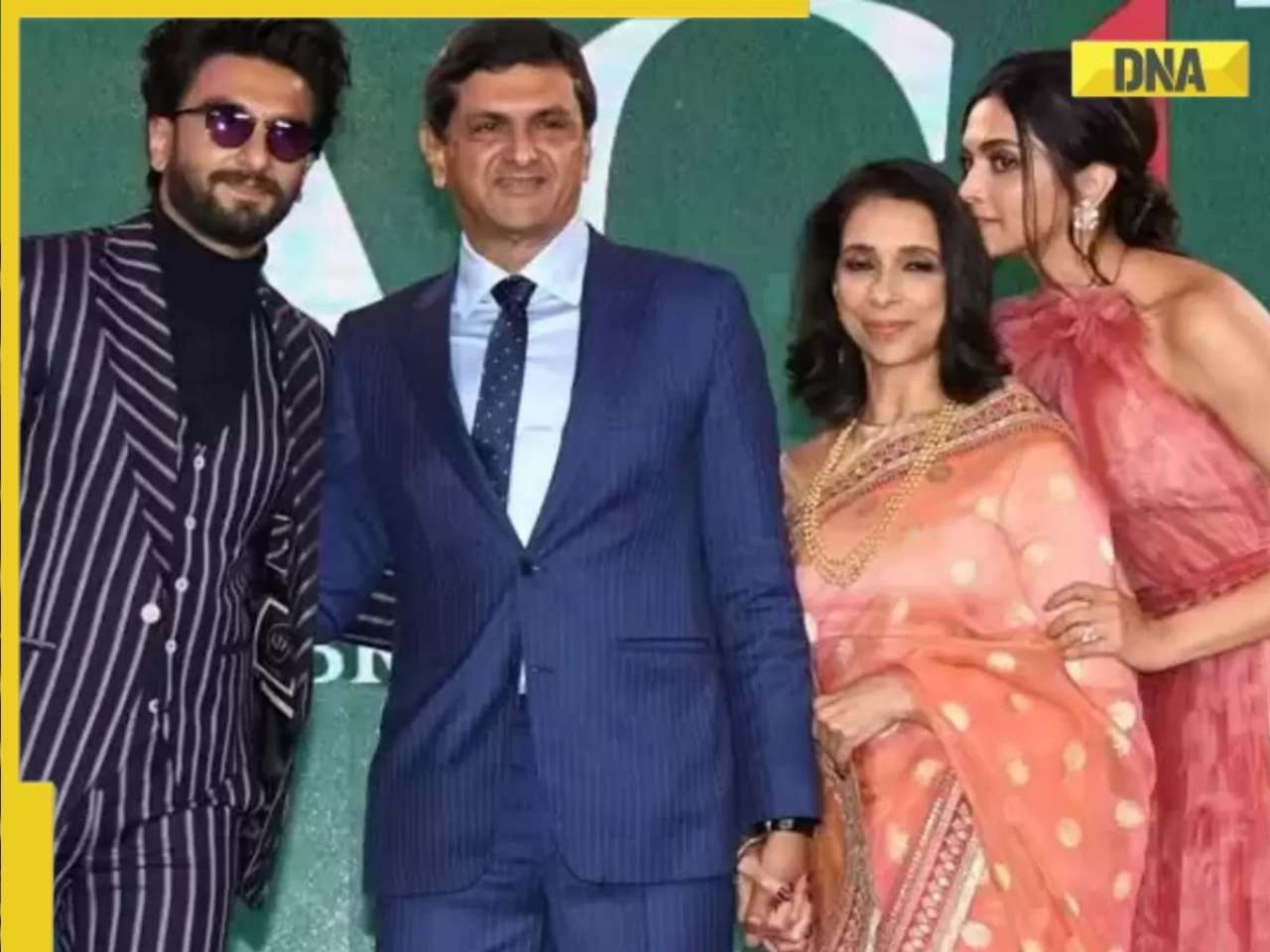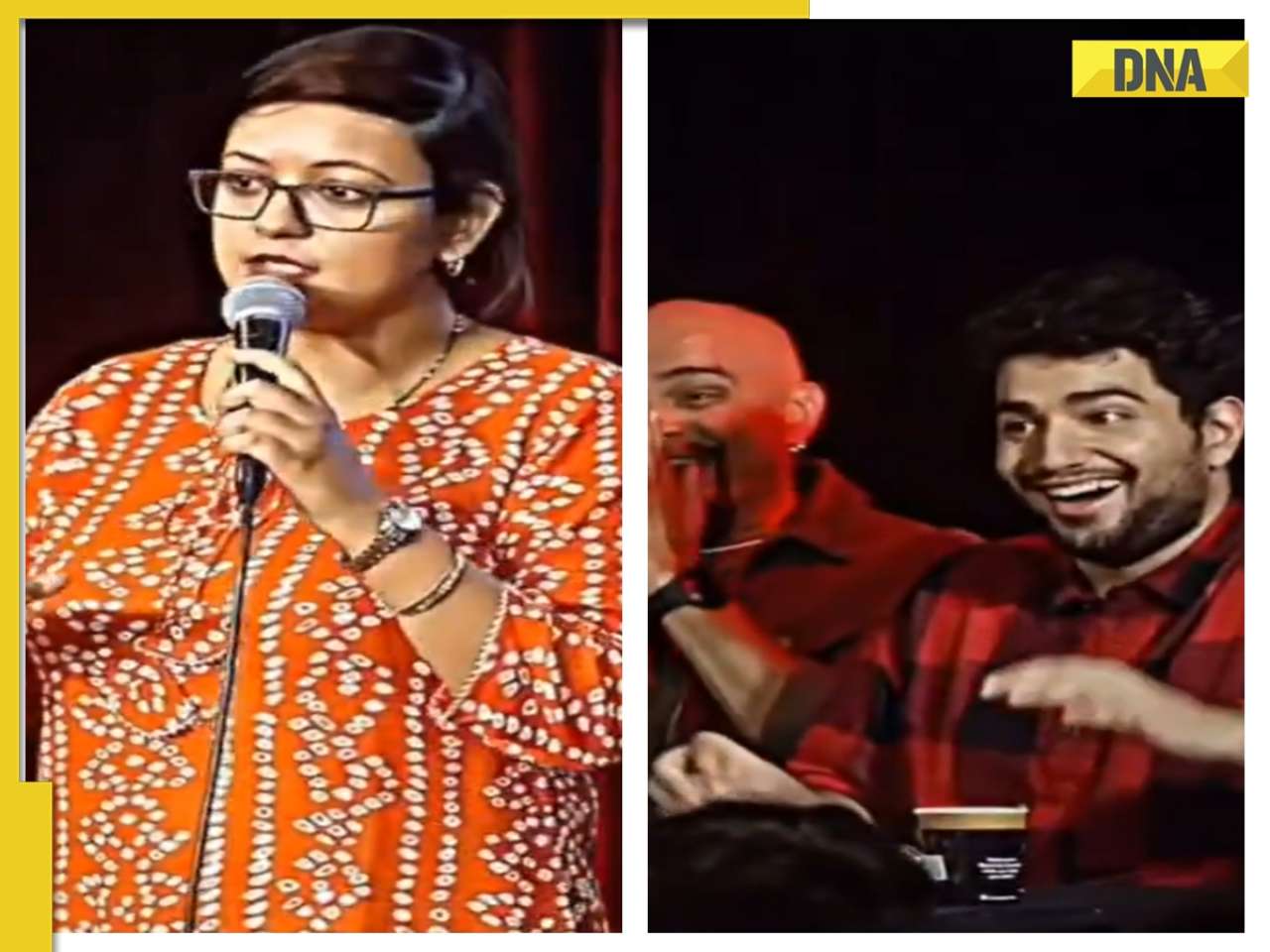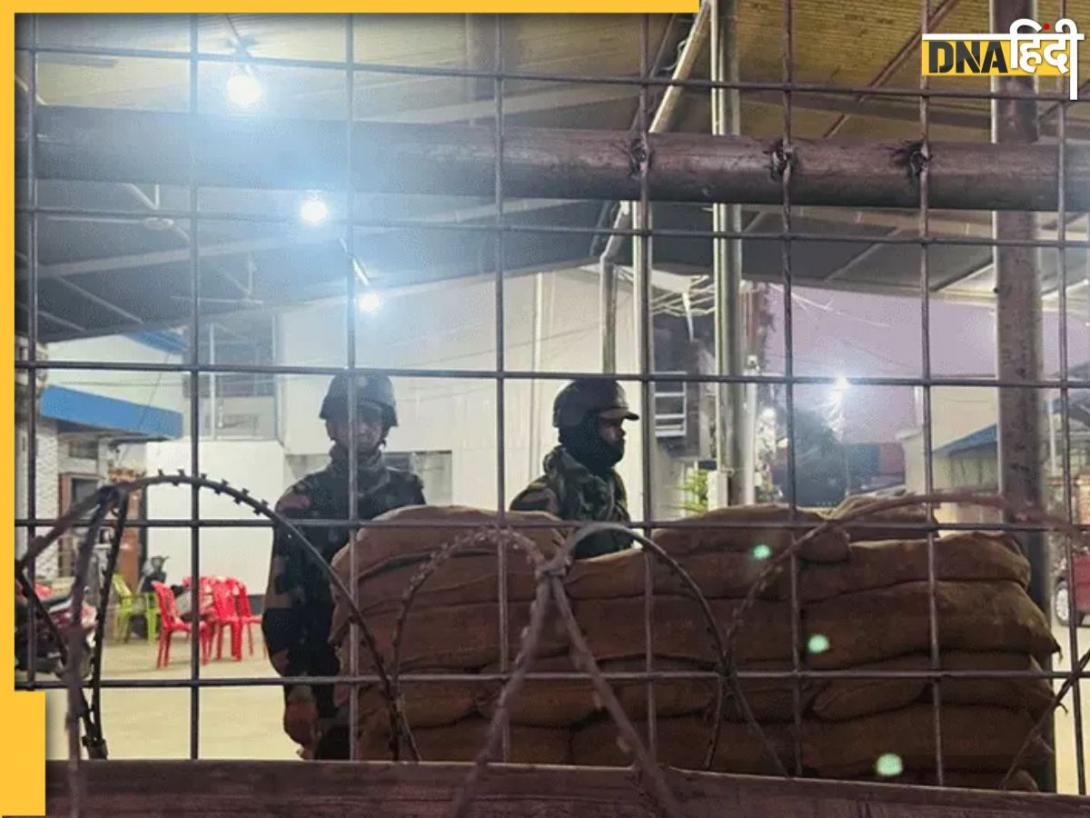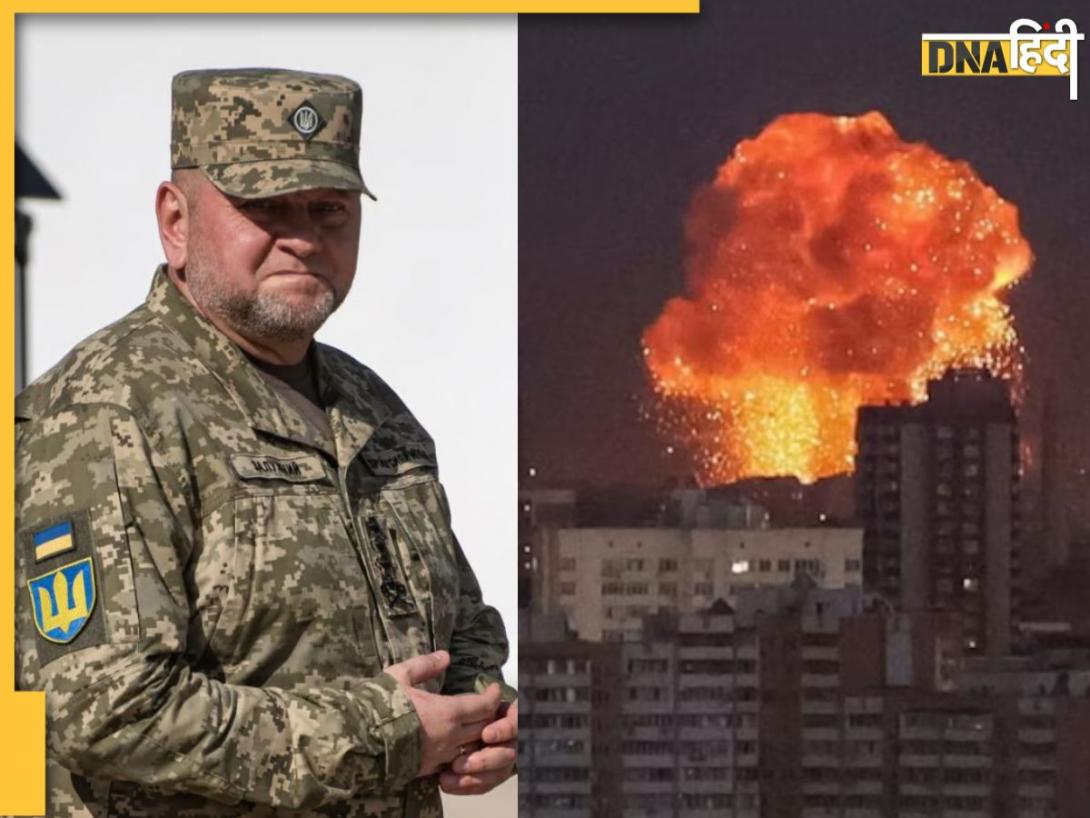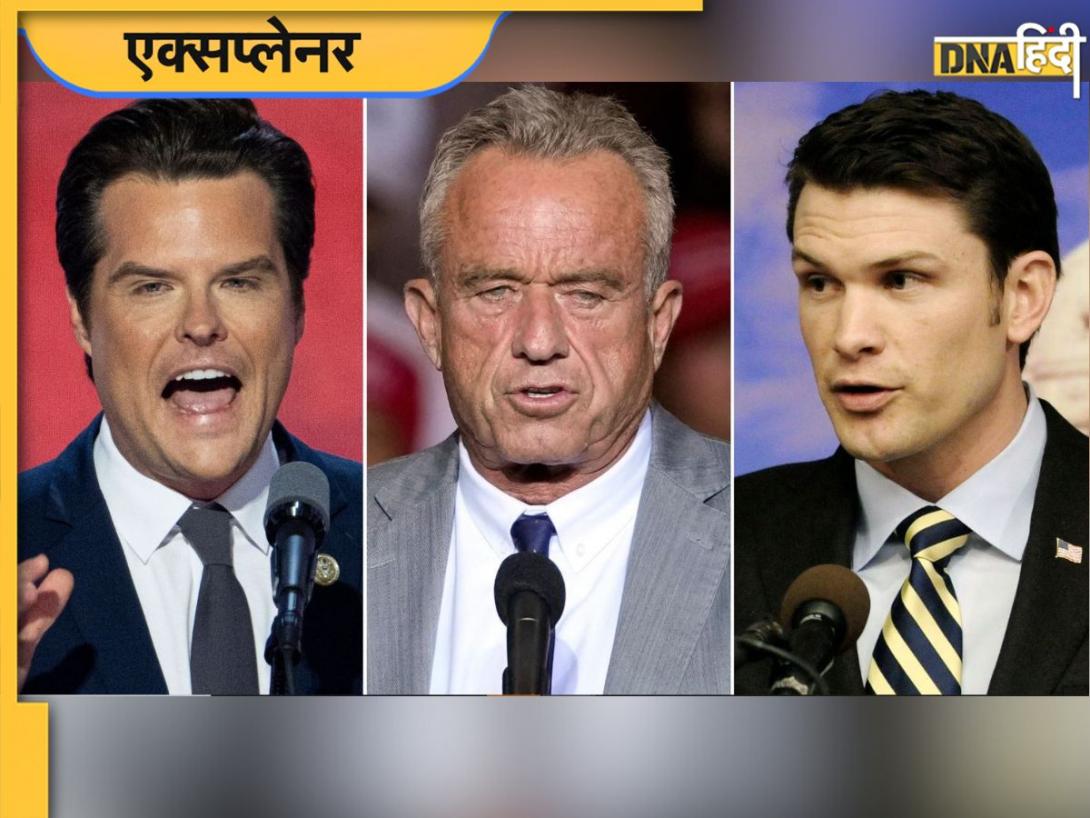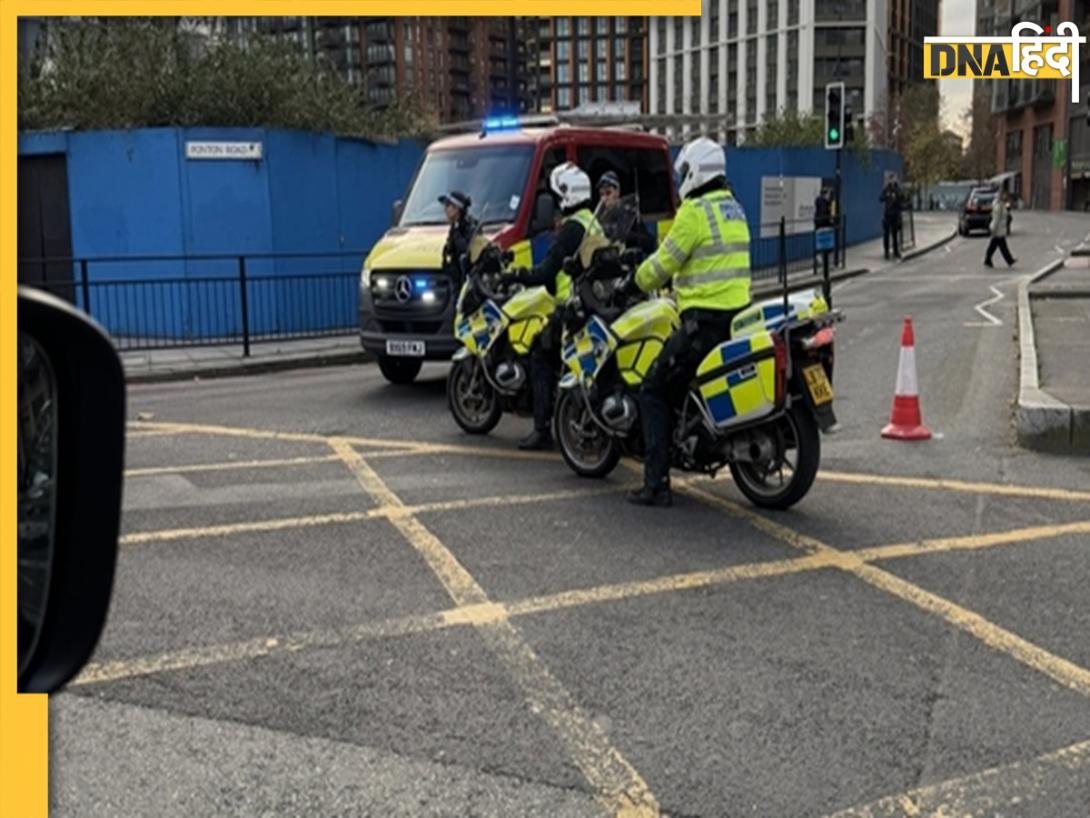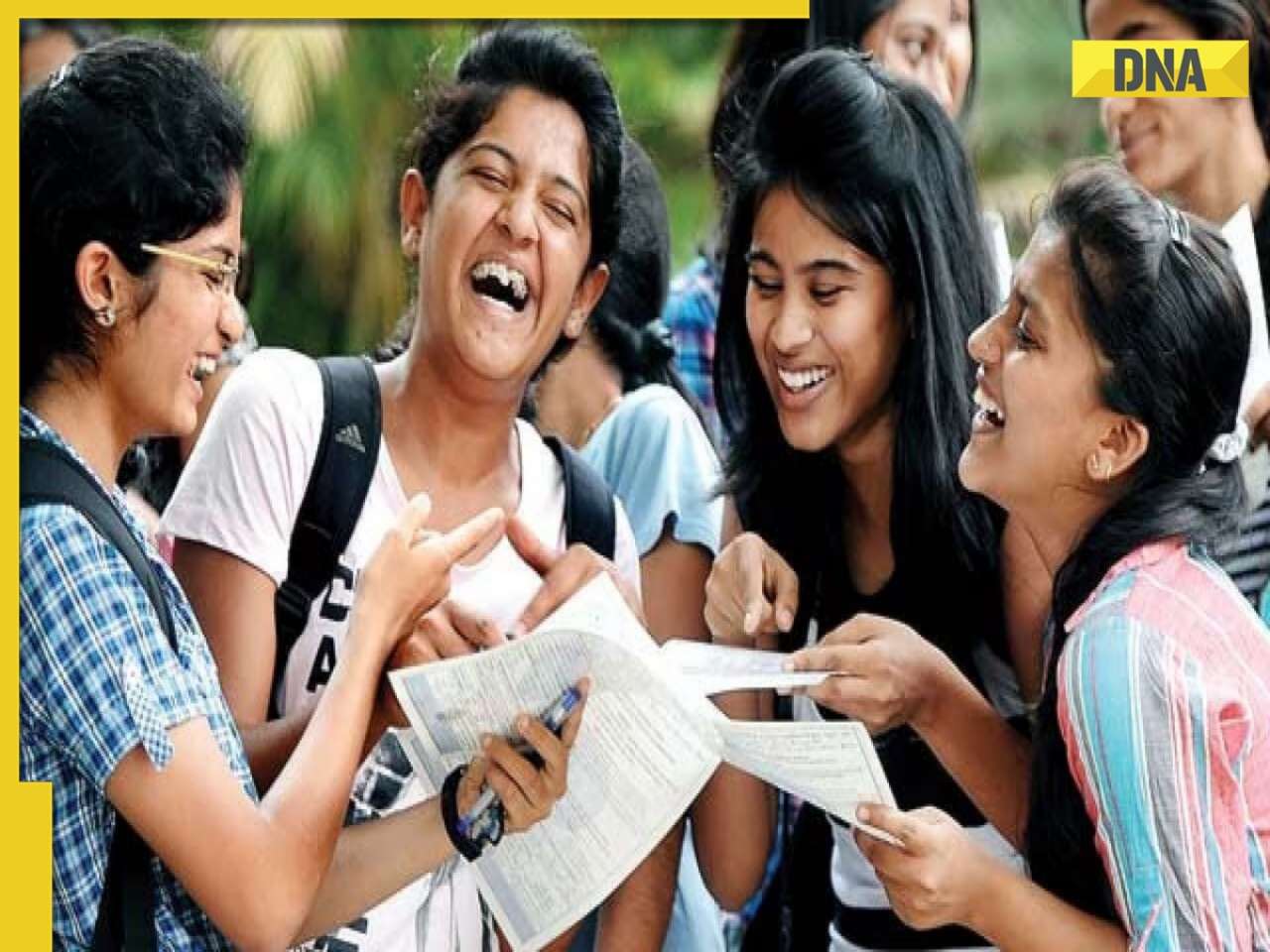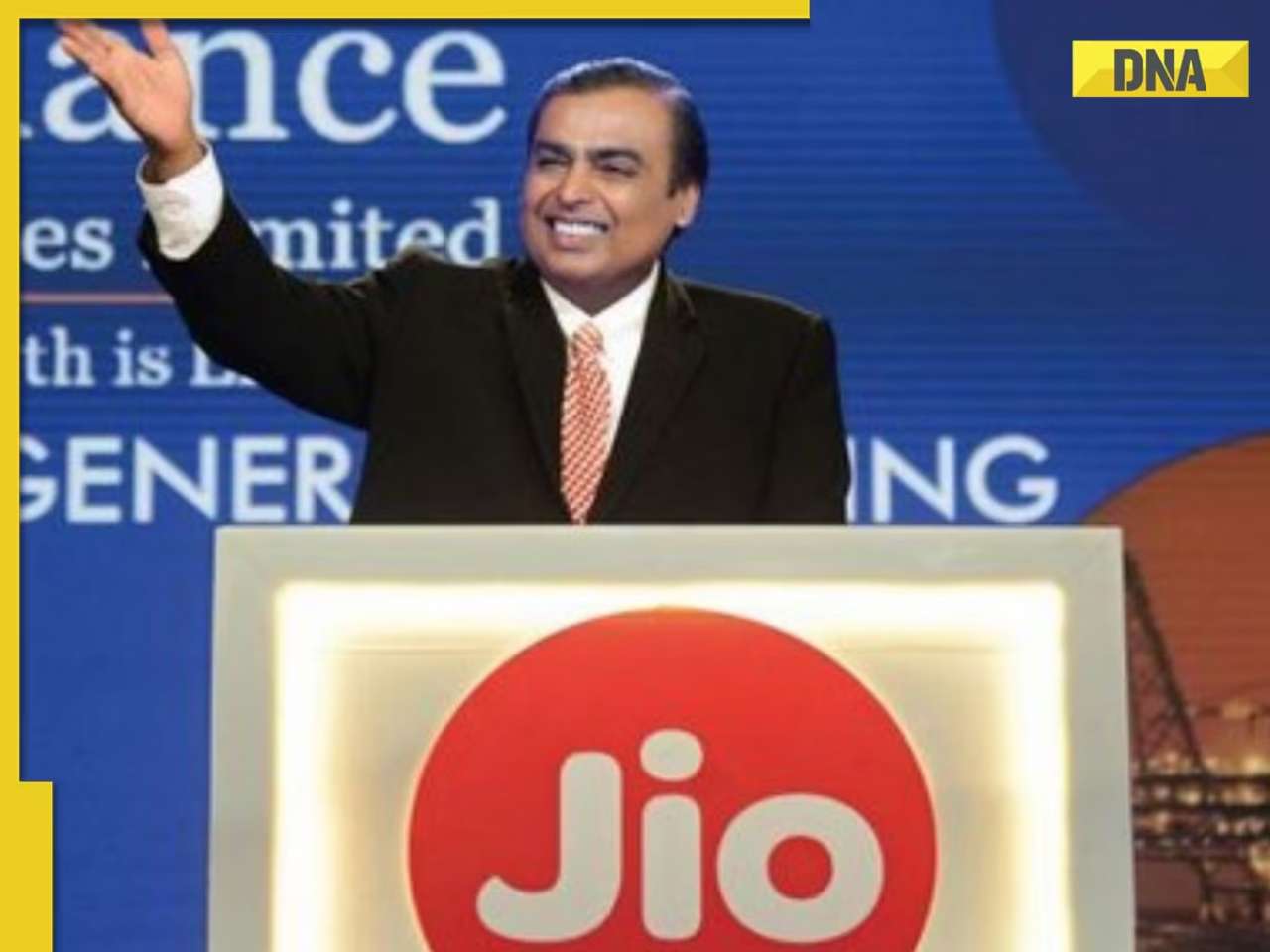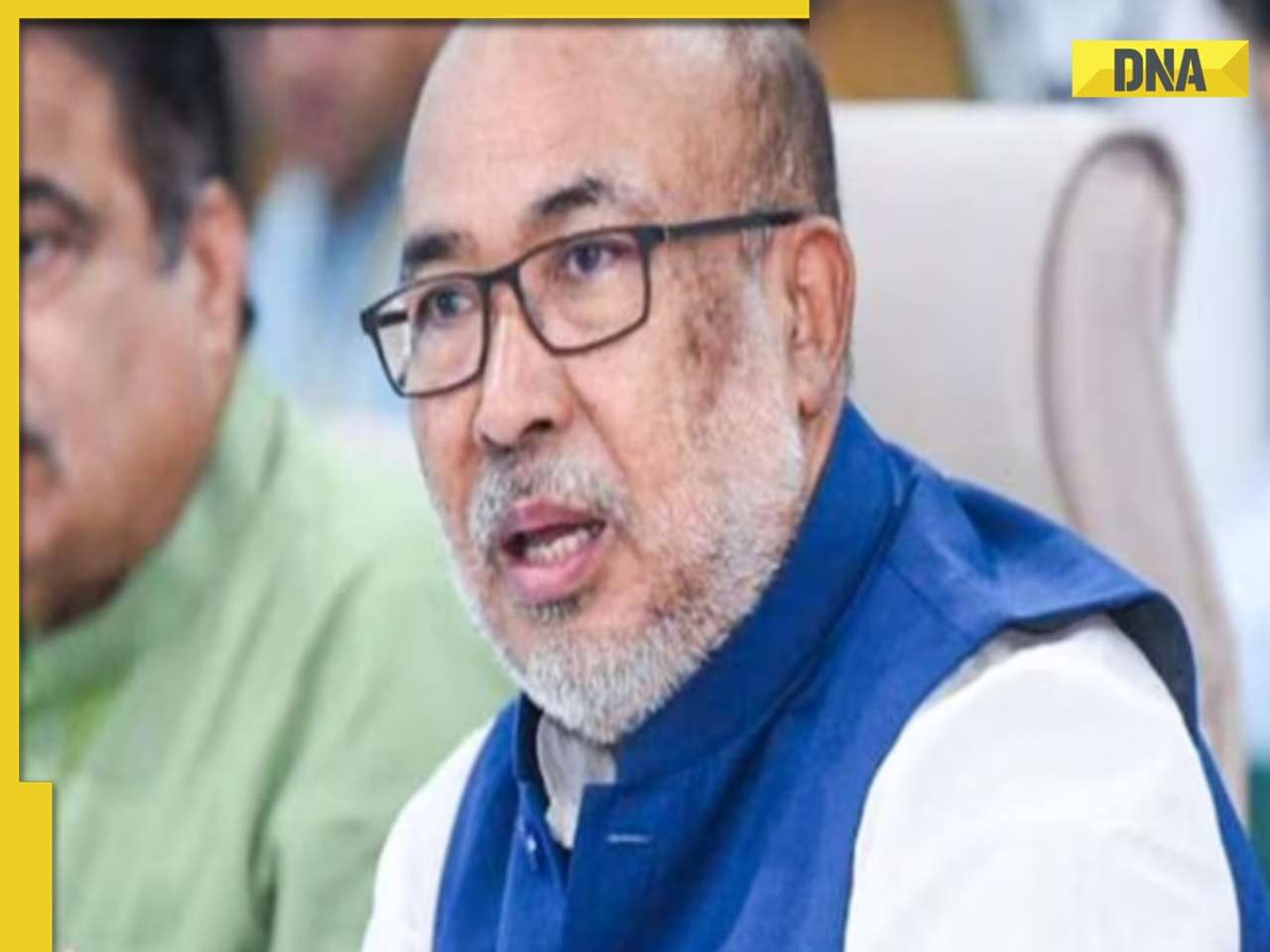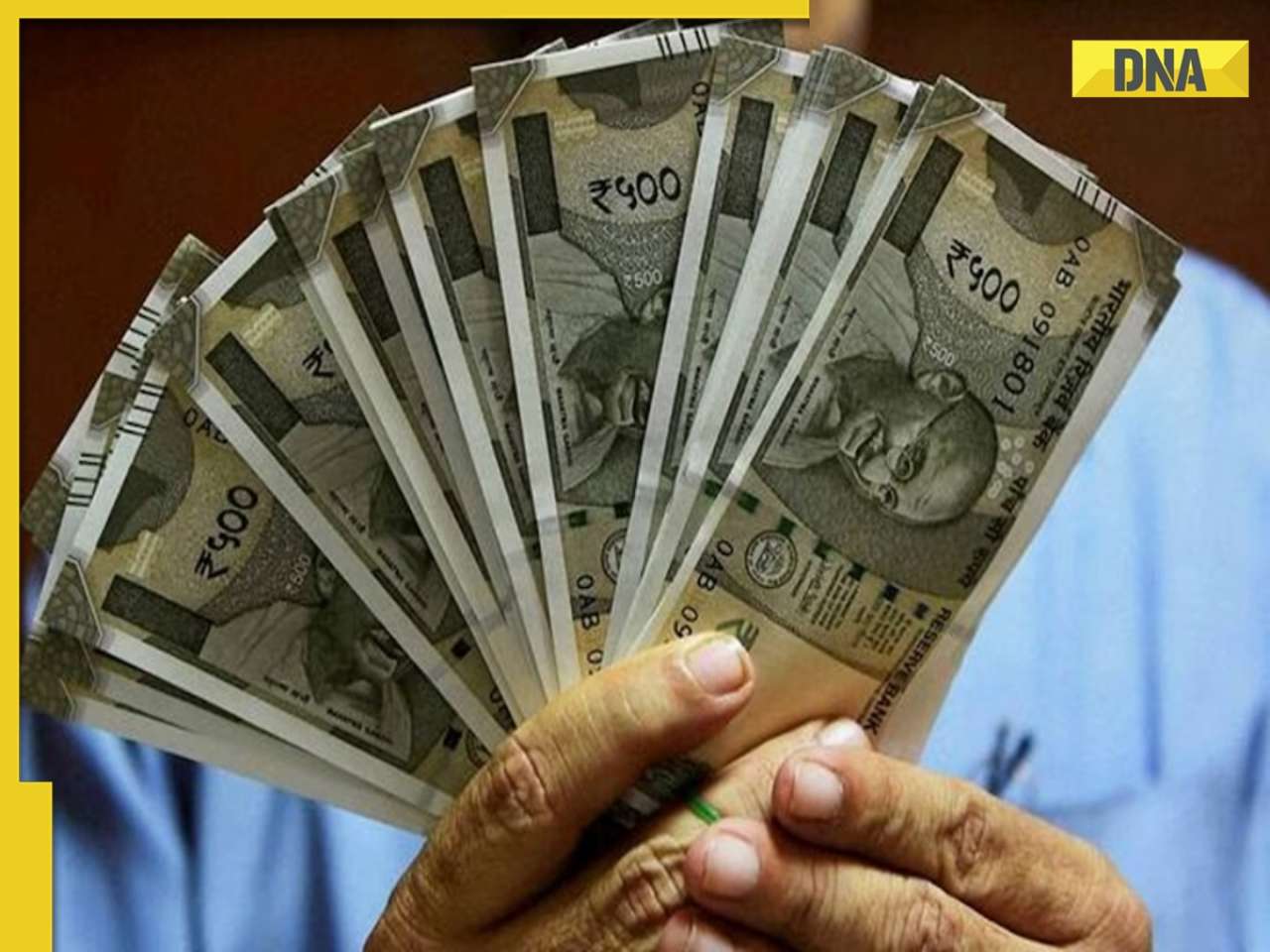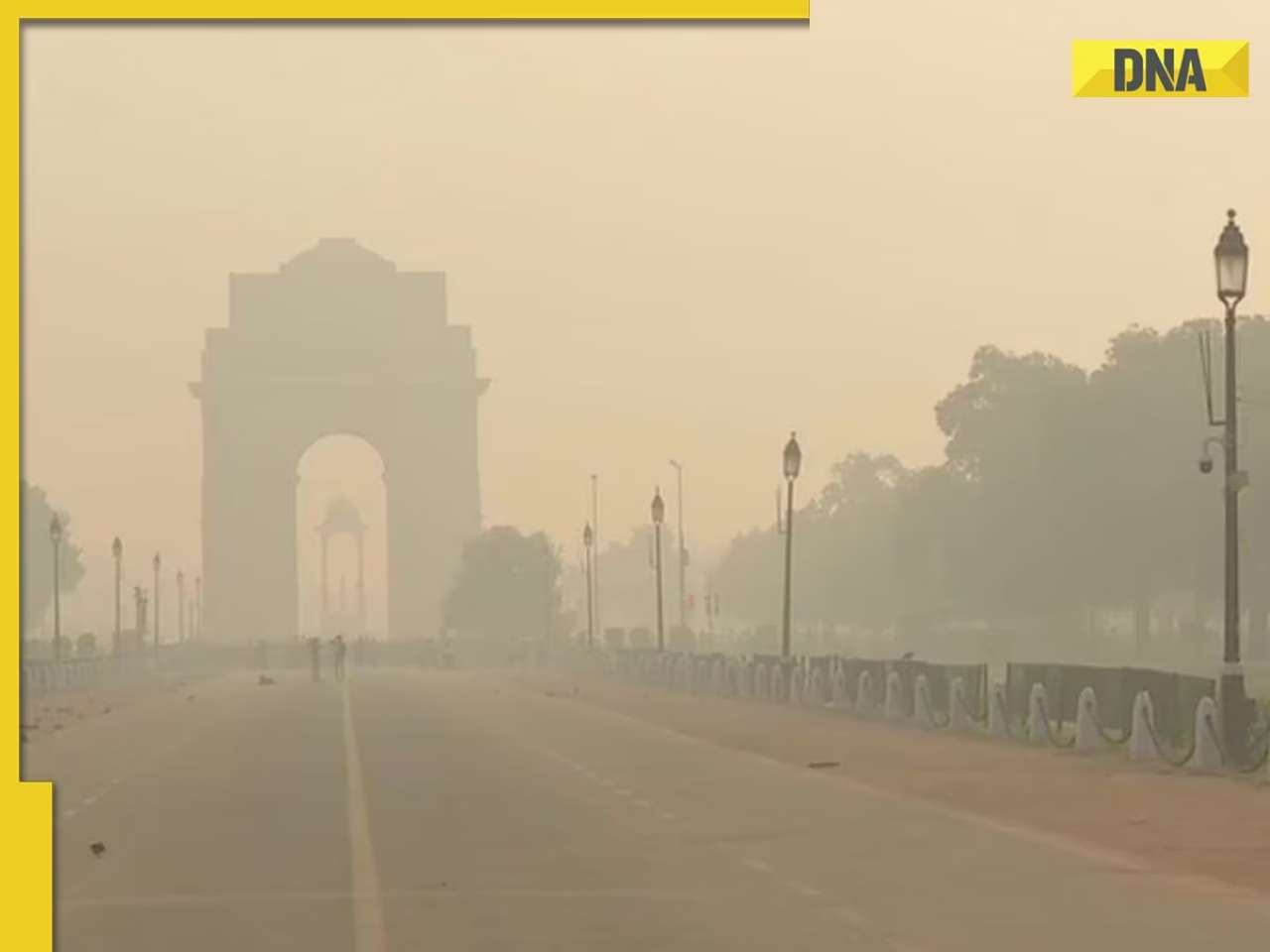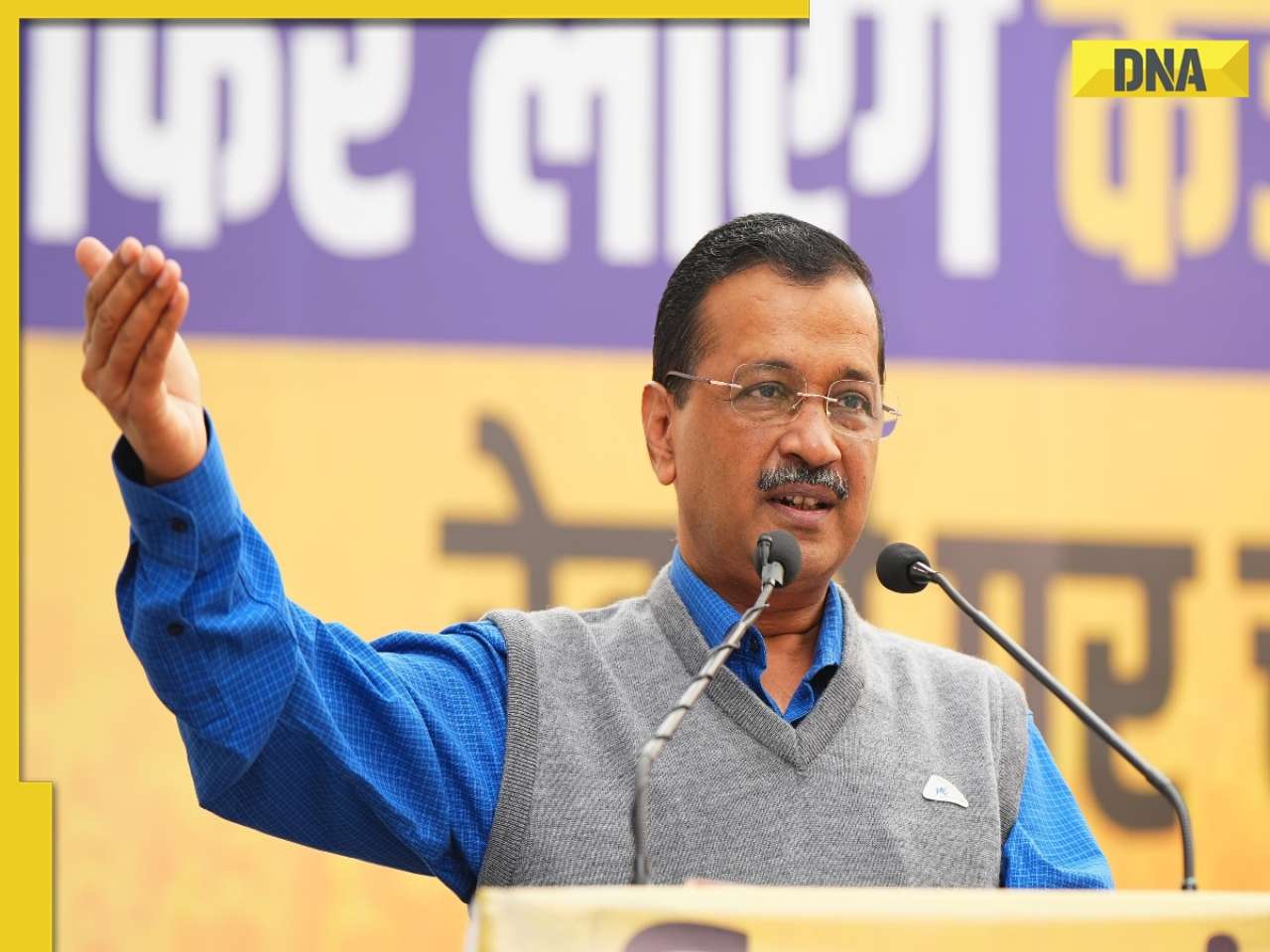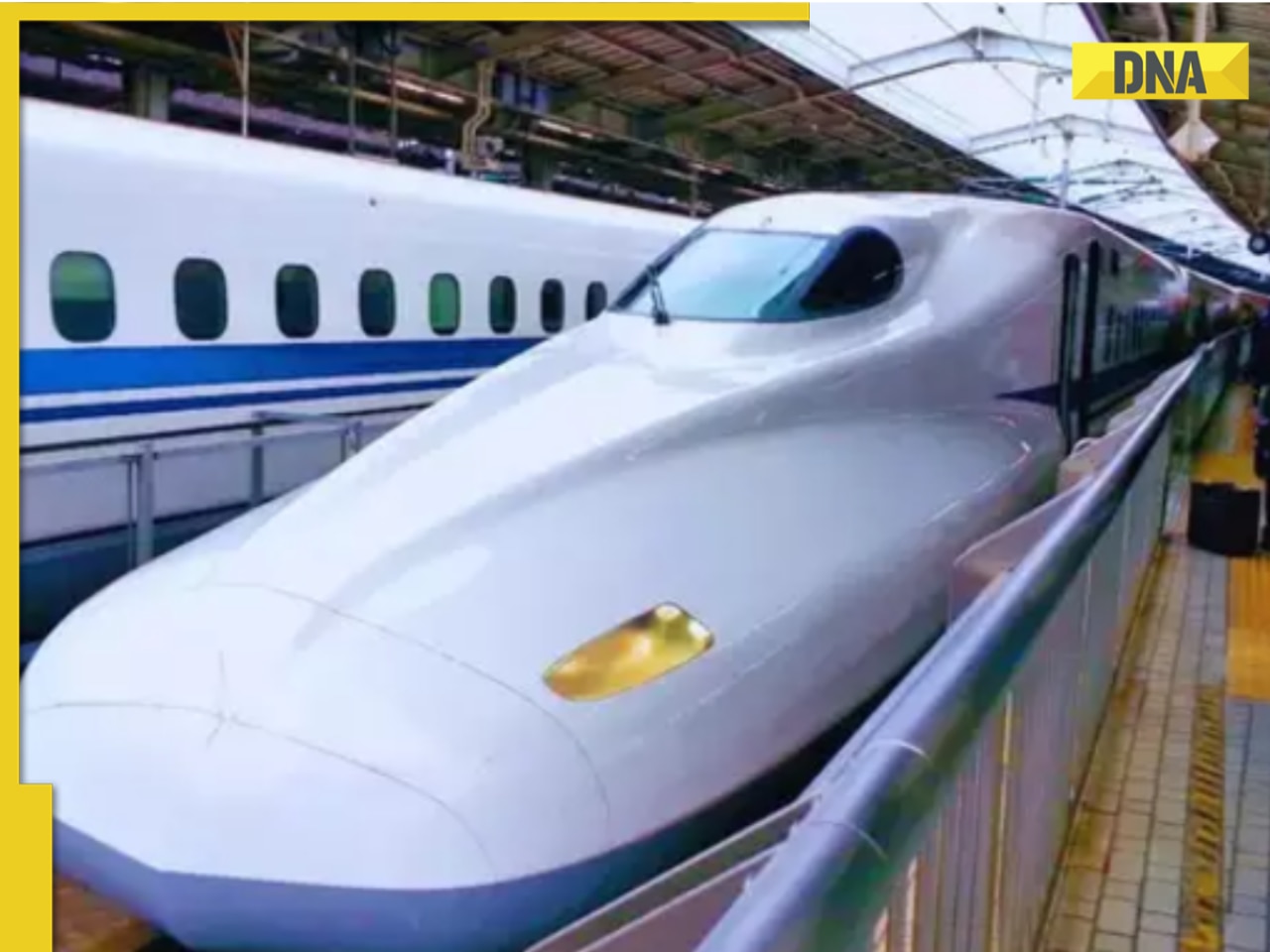- LATEST
- WEBSTORY
- TRENDING
ANALYSIS
With major powers cosying up to the Taliban, should India shed its antipathy for the Taliban?
India's options in the Afghan matrix
TRENDING NOW
In the rapidly changing quicksand of Afghanistan, New Delhi faces some stark choices. As many countries reach out to the Taliban, should it jump in and start exploring options for engagement? Or should it wait for the proposed peace processes to take their own course and deal with the situation as it evolves? Will the ‘wait and watch‘ policy be strategically suicidal? Or is it the best course as Afghanistan traverses a difficult process of transition (inteqal)?
The new great game and proxy war
Arrival of the Islamic State (IS-Khorasan or IS-K) in Afghanistan, with its local battles against Taliban for area domination, would be complication enough for the security situation. Added to this, though, is an intensification of competition for influence between regional countries, each operating through proxies in order to maintain position. Ironically, some of the attempts to neutralise the IS-K have now been directed at making the Taliban more amenable for negotiations, a throwback to the time of 'good boys versus the bad boys' distinction. Infighting may have weakened the Taliban leadership, but efforts to undermine the IS-K has emboldened it and strengthened its negotiating potential.
A theatre for renewed US-Russia rivalry
Simultaneously, Afghanistan is re-emerging as a theater of rivalry between the United States (U.S.) and Russia. On 14 April, the U.S. military targeted an IS cave complex in eastern Afghanistan's Nangarhar province with the 22,000-pound "mother of all bombs" (MOAB), the largest non-nuclear weapon ever used in combat. Conflicting reports of the impact of the measure notwithstanding, timing of the move was crucial.
It came a day before Russia was to host multi-nation talks on prospects for Afghan security and national reconciliation, the third such initiative since the December 2016 trilateral talks involving Russia, China, and Pakistan. Eleven countries – including Afghanistan, China, Iran, Pakistan, India, and former Soviet Central Asian states—met in Moscow. The U.S. skipped the talks, terming them a "unilateral Russian attempt to assert influence in the region.” Moscow in response said that it "could not comprehend" the U.S. action. A new chill in the bilateral relations of the Cold War rivals has set in. American military officials suspect Russia's Afghan peace diplomacy is aimed at “undermining NATO efforts."
Contending Perceptions
The Russians and the Chinese cite the rise of the IS as a greater threat and are more amenable to talks with the ‘nationalistic’ Taliban as an effective counter. Reports from the field indicate that even Iran is not averse to engaging the Taliban and has established multiple contacts. Compared to the U.S. estimate of minimal IS strength (perhaps 1,000 combatants), the Russian estimate is 3,500.
Beyond the perceived IS threat, though, a ‘hedging strategy’ on Afghanistan appears to be the key reason for the renewed Russian and Chinese interest in the region. Should the insurgency succeed, either through military or political means, both countries desire to have in place the required links.
There are, however, real limits on Russia’s outreach and influence. Among the Afghans, the 1979-89 interlude has not been entirely forgotten. It is doubtful that Russia will be able to get the Taliban talking and, more importantly, get Pakistan to acquiesce. In this the U.S. itself failed to achieve, despite its enormous clout, in the 2016 Quadrilateral Coordination Group’s (QCG) process.
Afghan perspective
The Afghan perspective, however, is starkly different. Senior Afghan government officials were skeptical of Taliban’s presence in Moscow as they see it is as conveying legitimacy without demanding anything in return, particularly a reduction in fighting. To the Afghans in the security sector, the use of MOAB is not a solution for the long term. They contend that with better training, weapons and force modernisation, they can deal with the IS threat as well as address the larger threat of an emboldened Taliban .
Despite the moderate success of the Afghan National Army (ANA) in gaining some ground vis-a-vis the extremists, the force lacks appropriate training, equipment, air power support, assistance in strategic planning, risk assessment, engineering to help improve their capabilities. A proposed increase in the number of U.S. forces to train and assist will by itself not dramatically change the conditions on the ground, unless there is a change in the rules of engagement. The number of enduring structural flaws and gaps in the Afghan security forces could continue to hamper their battlefield effectiveness.
Peace talks and Options for India
India hence finds itself in a challenging position. There has never been clarity in the desired ‘end-state’ that would result from a peace deal, even as a large number of international commentators and analysts continue to seek talks with the Taliban that include granting concessions like ceding territory with an asymmetric federalism arrangement. Interestingly, such propositions are acceptable neither to the Afghans nor the Taliban. To their mind, they provide no end-state superior to the ongoing 'war'.
In particular, the Afghans are not willing to buy into the desperate desires of the U.S. Neither are they open to Moscow's peace efforts, which they justifiably interpret as yet another attempt to impose a solution on them. Hence a dose of caution is in order while dealing with the murky waters of externally initiated peace processes. The fundamental question is why and with whom New Delhi should talk to within the Taliban.
Any unilateral attempt at ‘talking’ violates India's core objective of building a strong and stable Afghanistan that acts as a bulwark against the return of extremist forces. Even though there are dangers of being left out in the cold as other major powers are establishing Taliban contacts, a senior Indian diplomat has noted, "Even if we did nothing, Taliban when it mainstreams, will become friends of India and its hatred for Pakistan will come to the fore.”
Though there seems more than a tad wishful thinking in such assessment, were such a scenario to unfold, the central concern would be whether a mainstreamed Taliban could bring peace to Afghanistan. There remains concern that Pakistan would move forcefully to deal with a turncoat Taliban. A rebranded Taliban rump, would buy a few more years to fuel the conflict in Afghanistan.
A New Delhi rush to embrace the Taliban thus needs to be resisted. Instead, India should support the Afghan reintegration and reconciliation process and help build a transparent and inclusive process. Indigenous peacebuilding efforts, such as the High Peace Council, are the right place for India to support and strengthen Afghan efforts. In partnering with the U.S. under the new Trump administration, New Delhi will have to lay out the conditions for its cooperation, especially since there remains no clarity on the ‘end-state’ in Afghanistan.
The author is founder and president of Mantraya.org and has carried out field studies in Afghanistan since 2007. She can be reached at shanthie.dsouza@mantraya.org

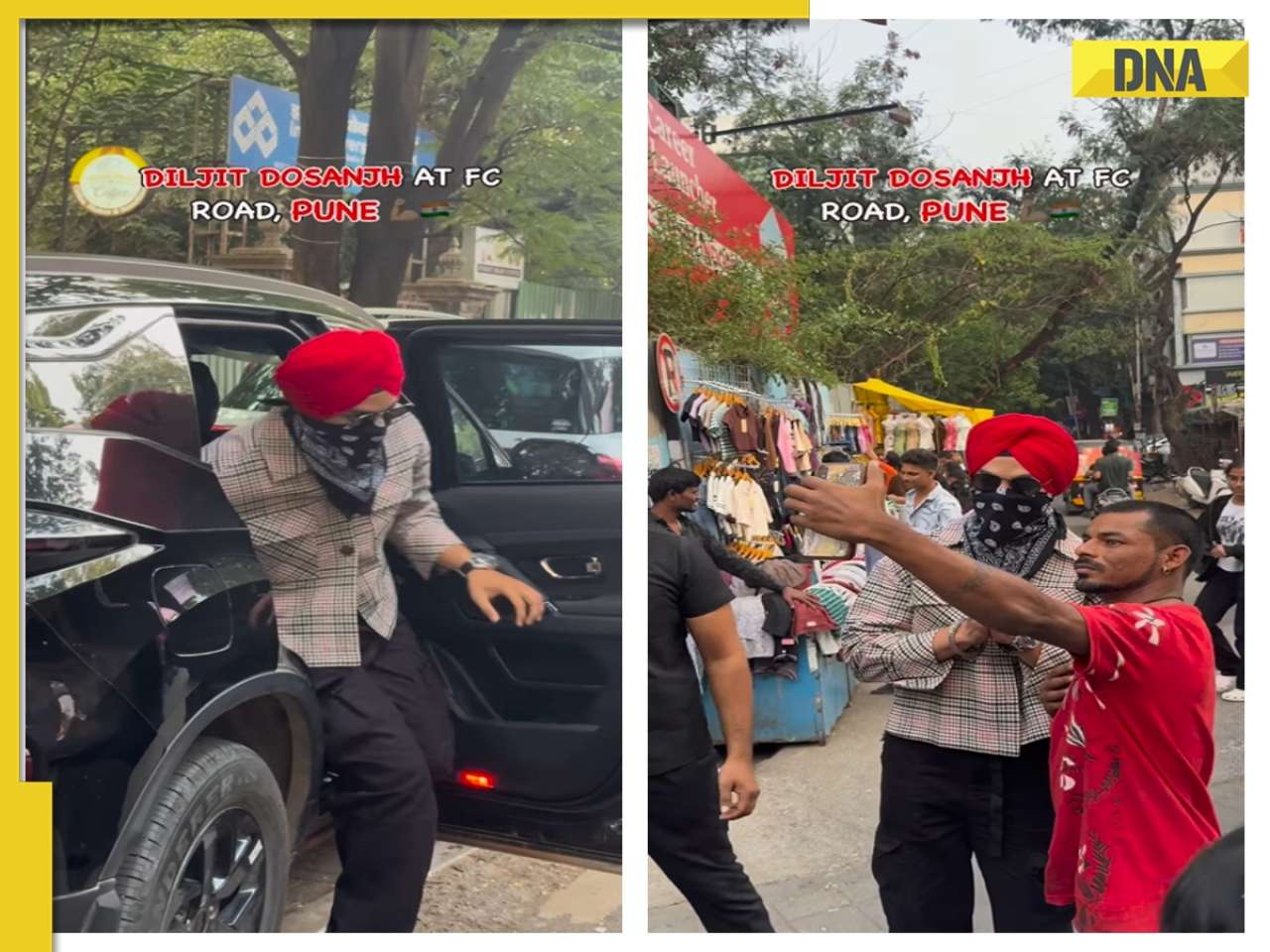
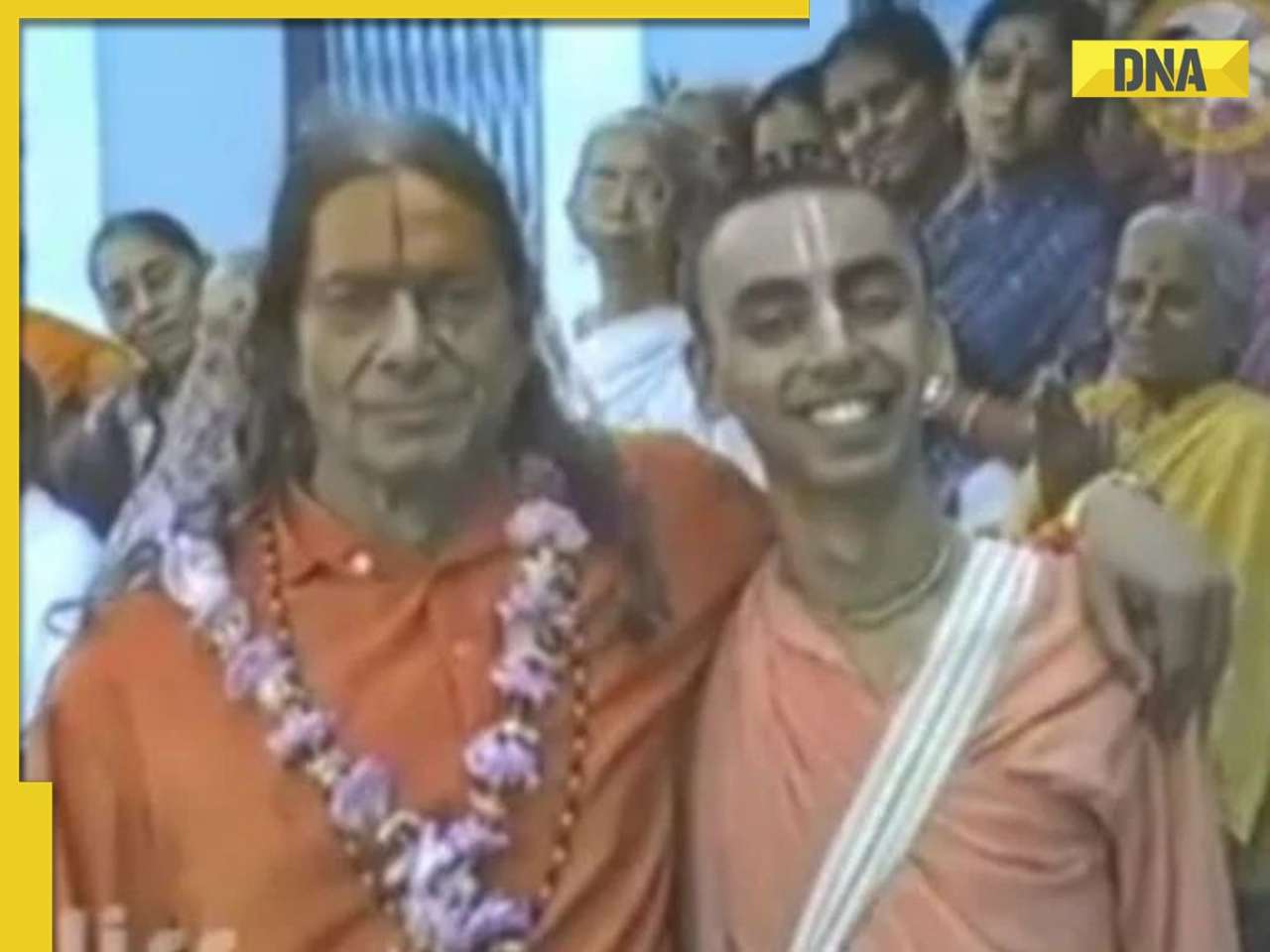




)
)
)
)
)
)
)
)
)
)
)
)
)
)
)
)





